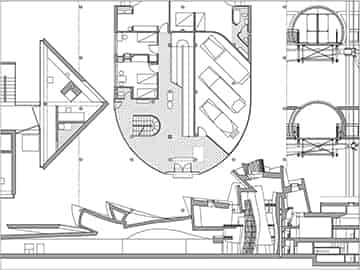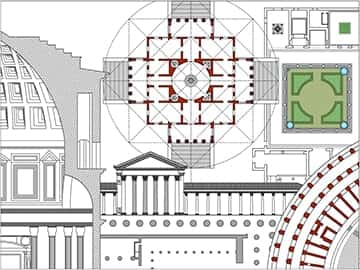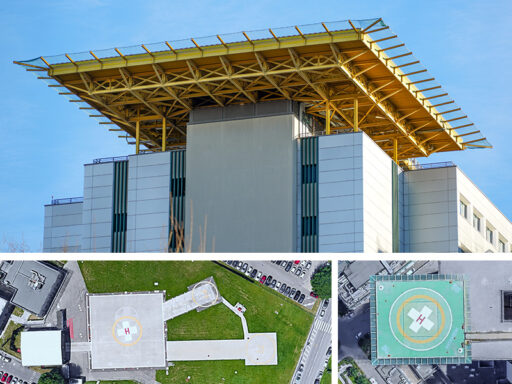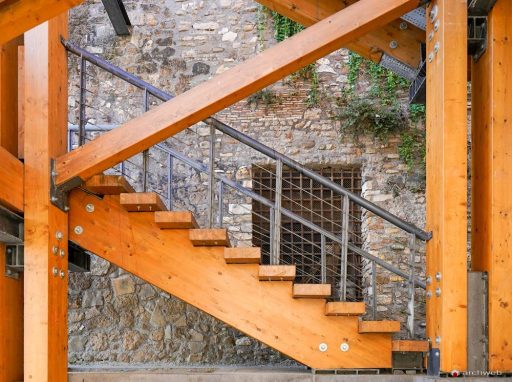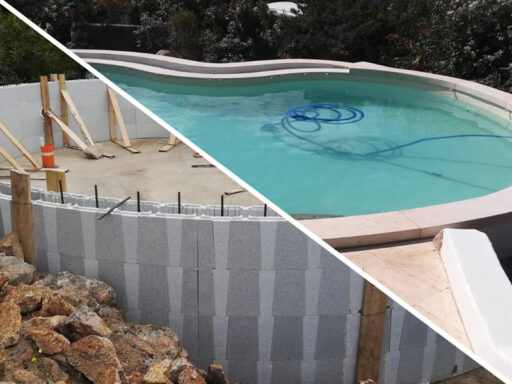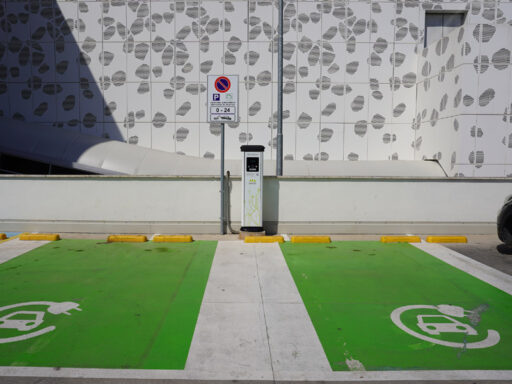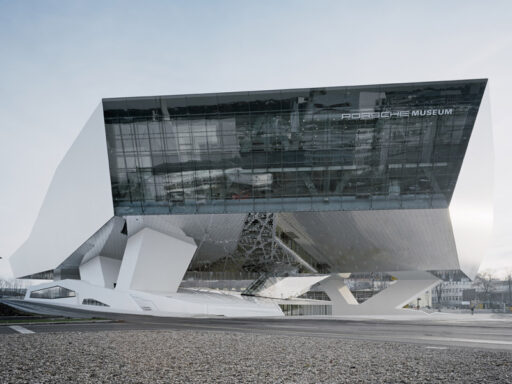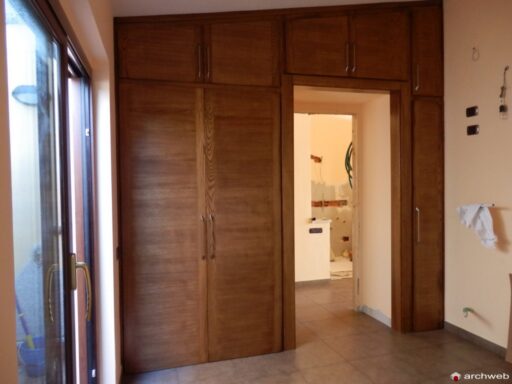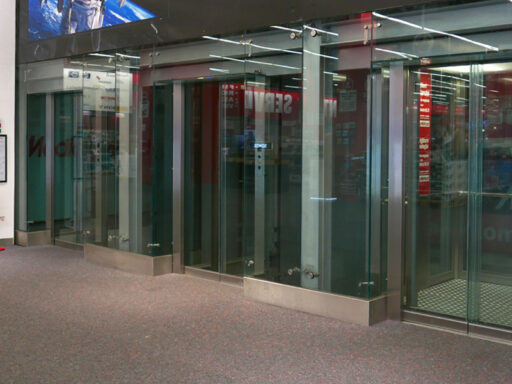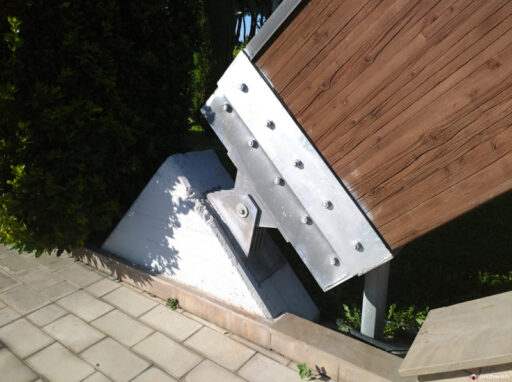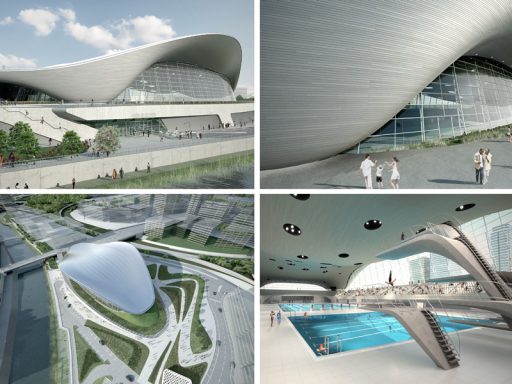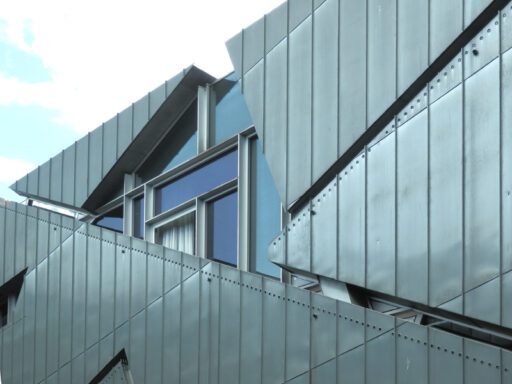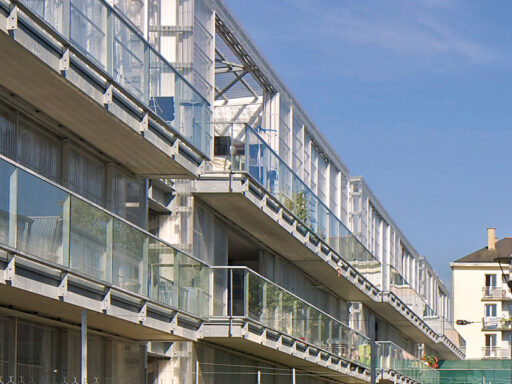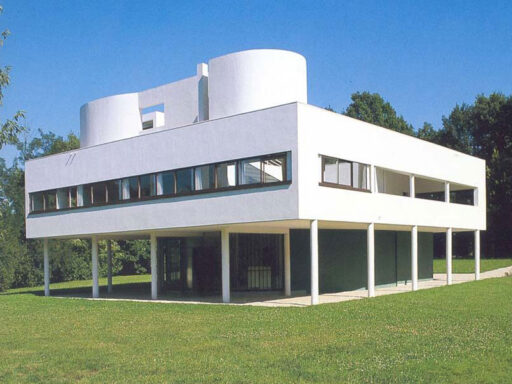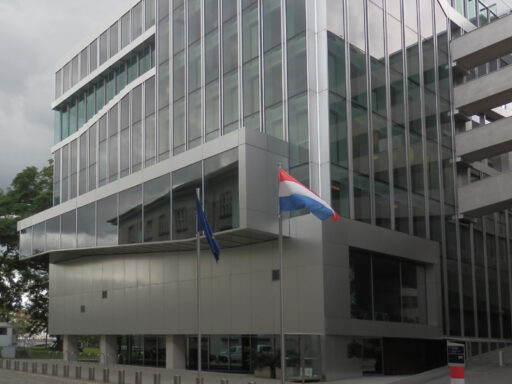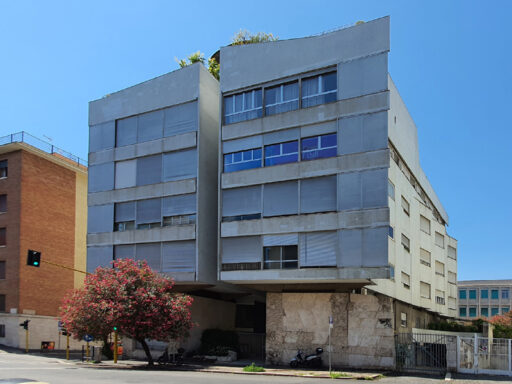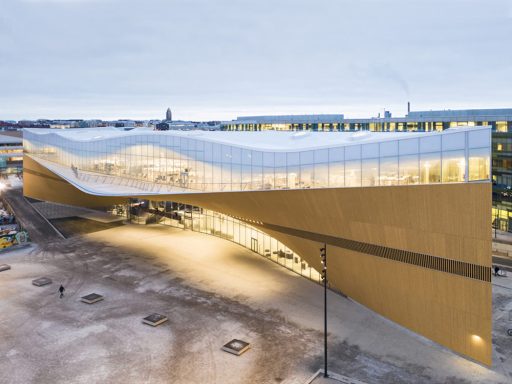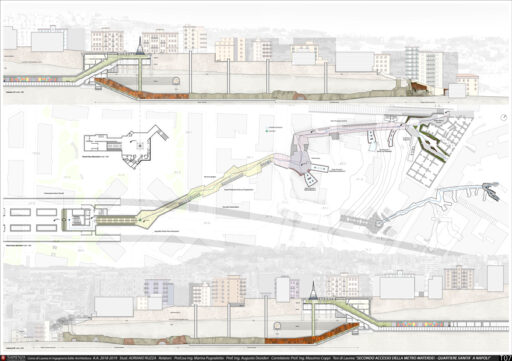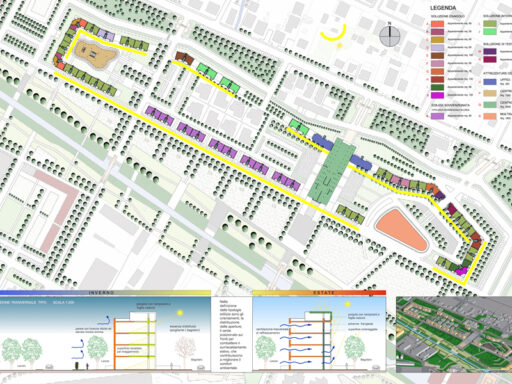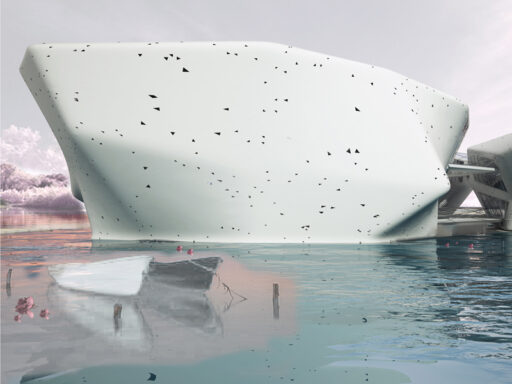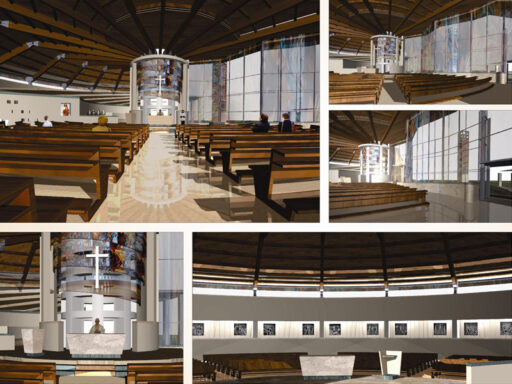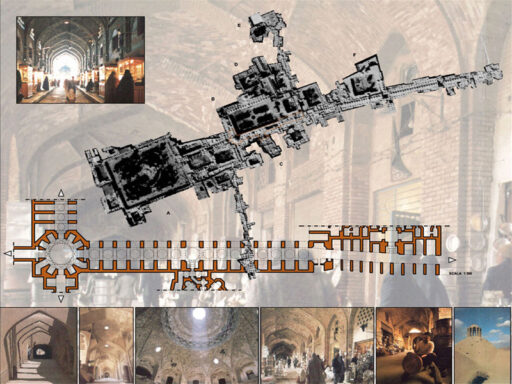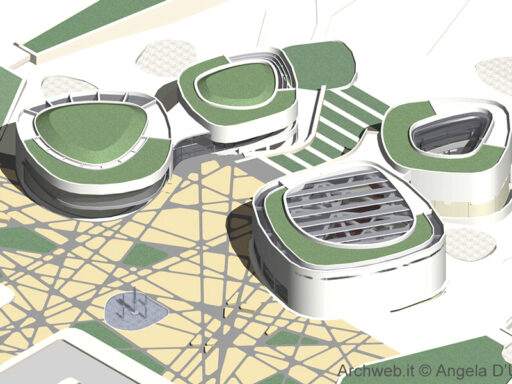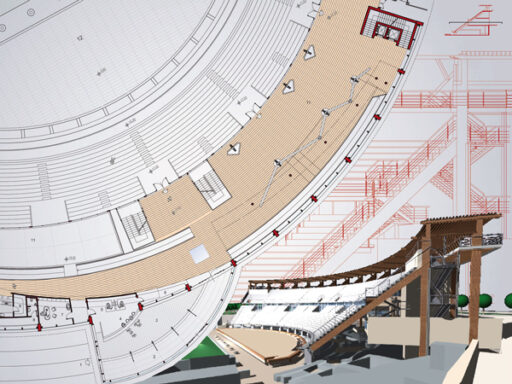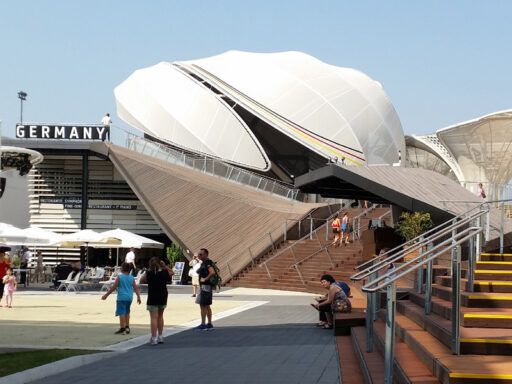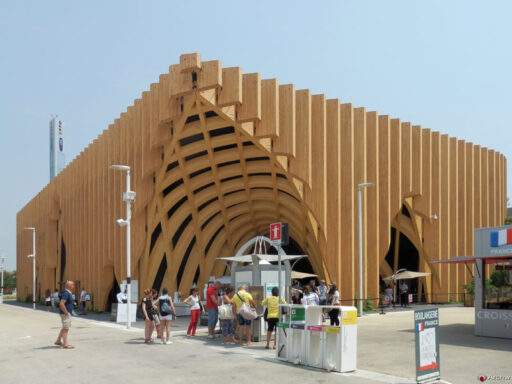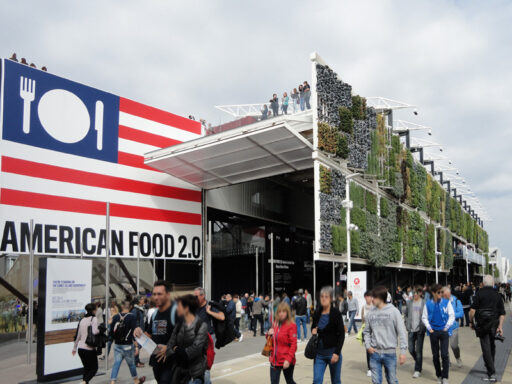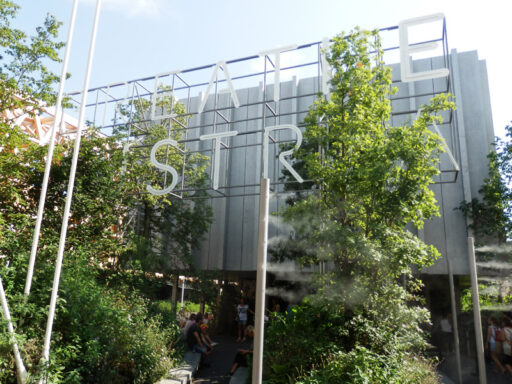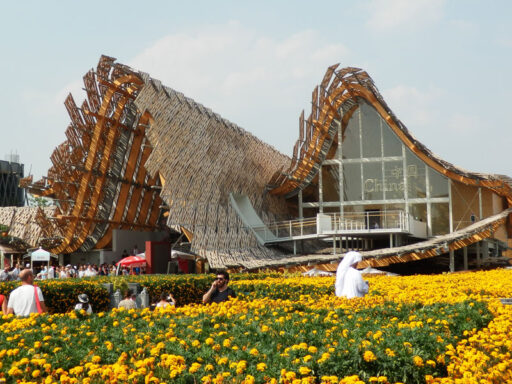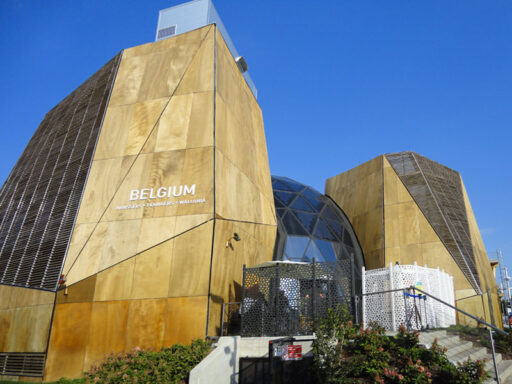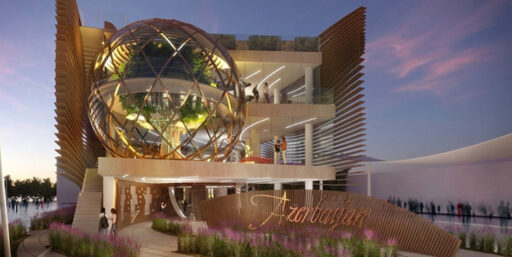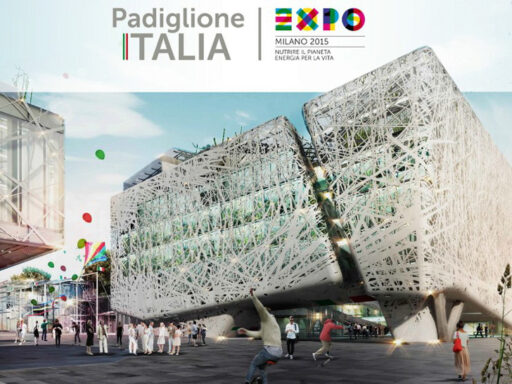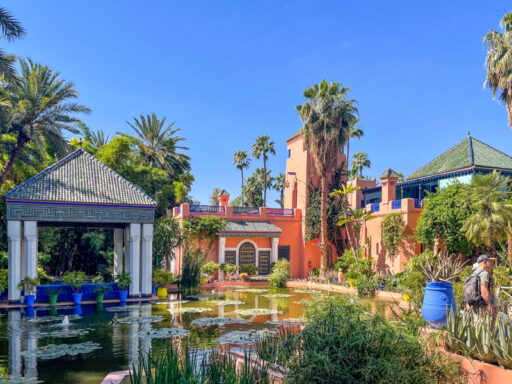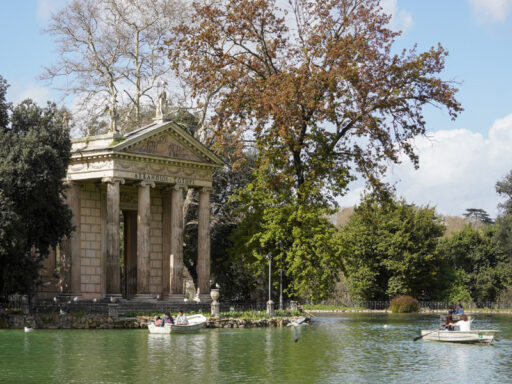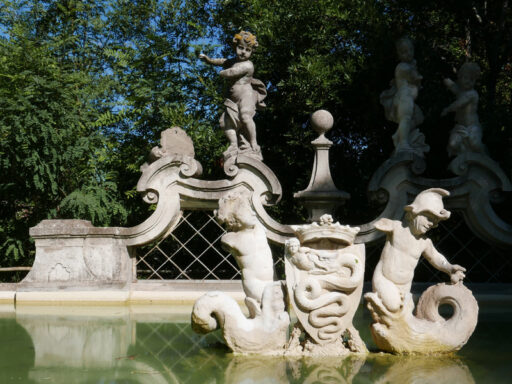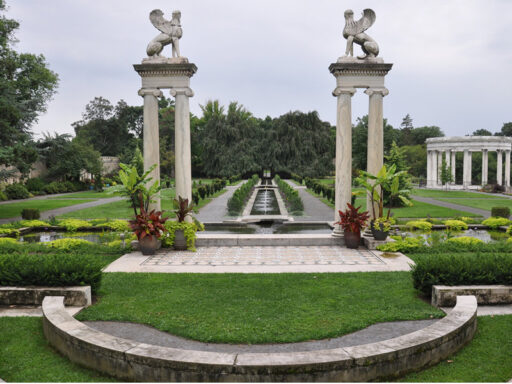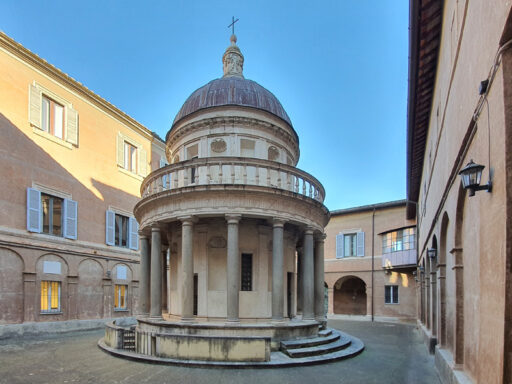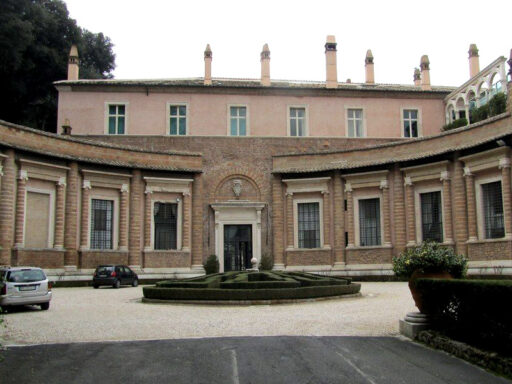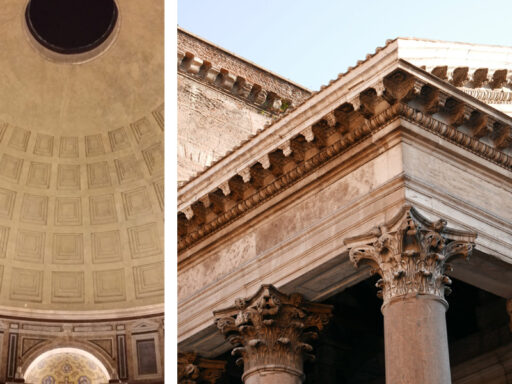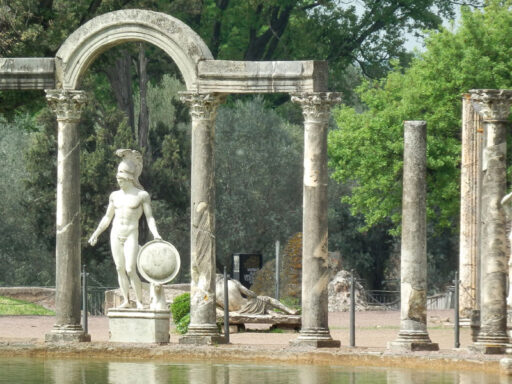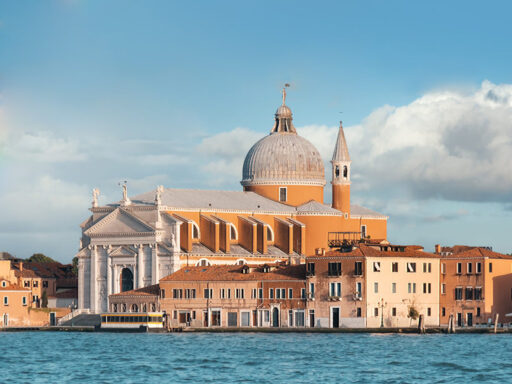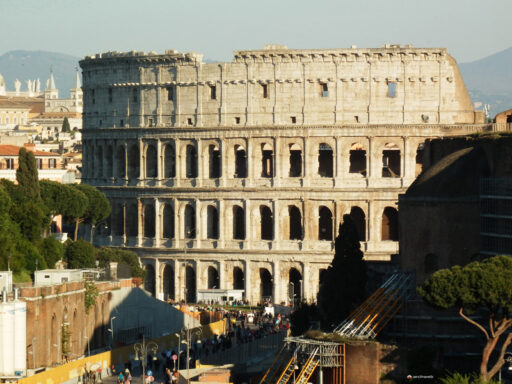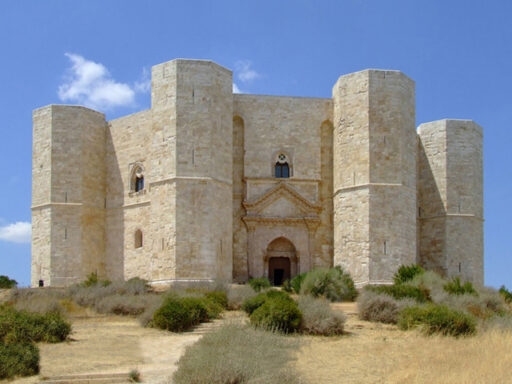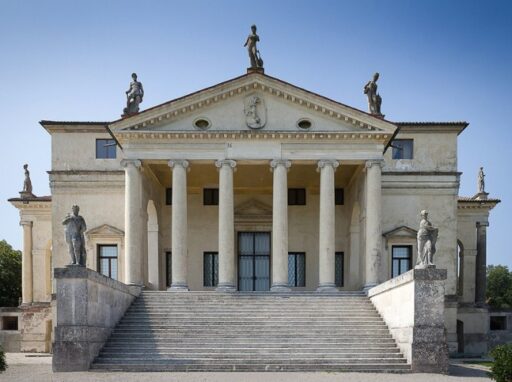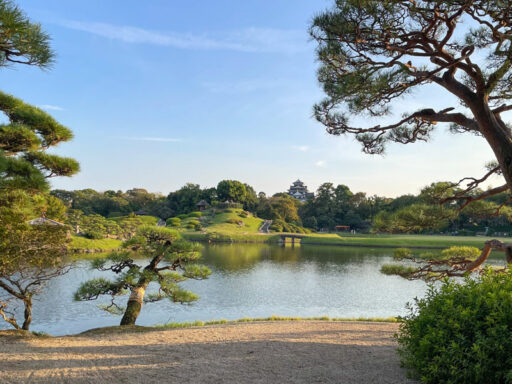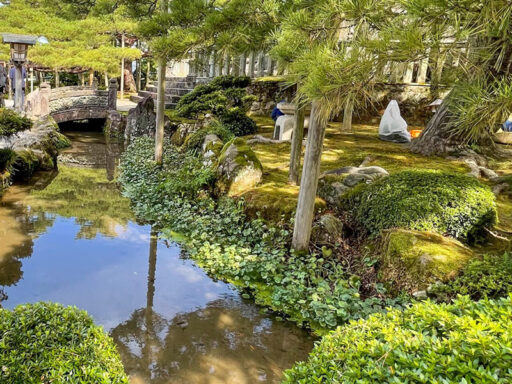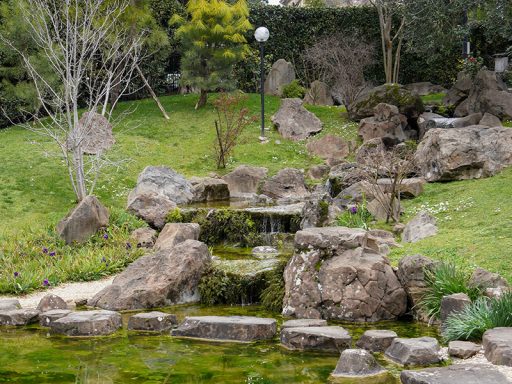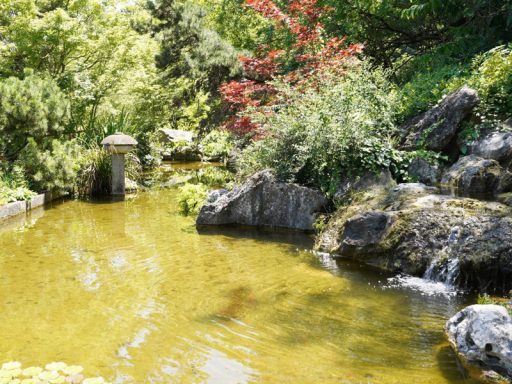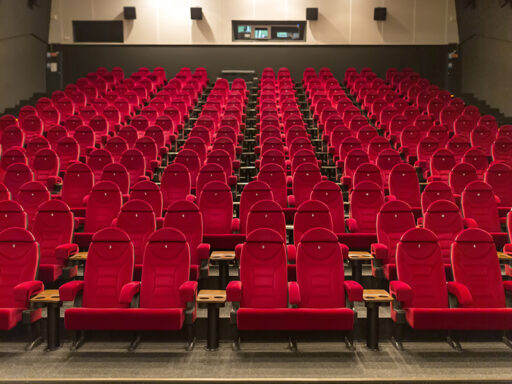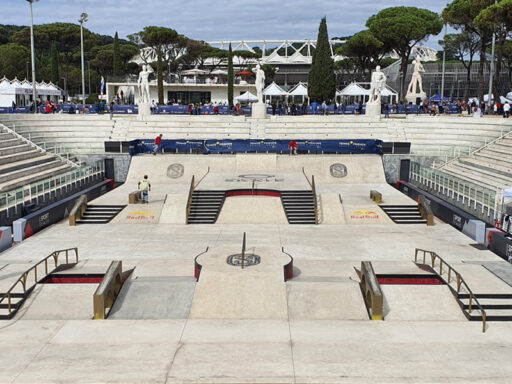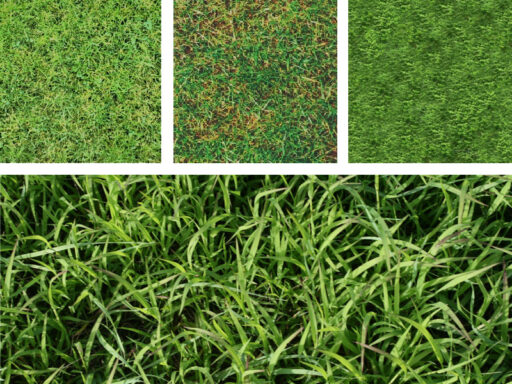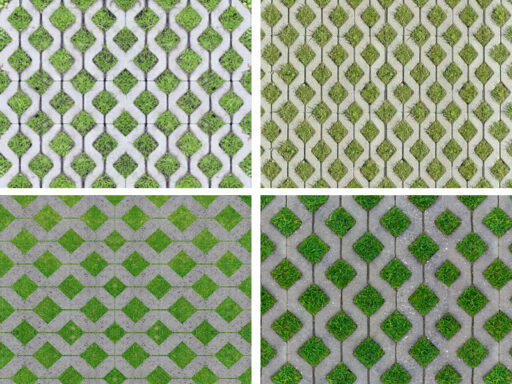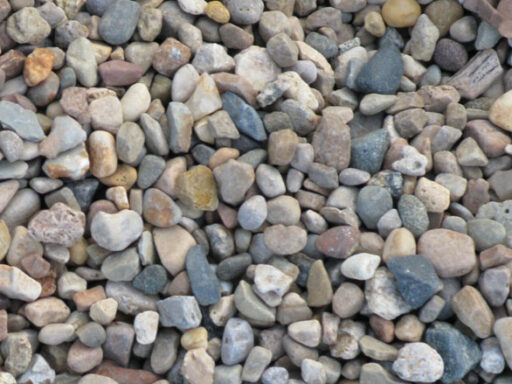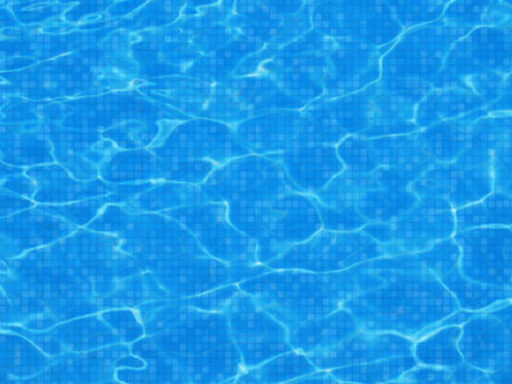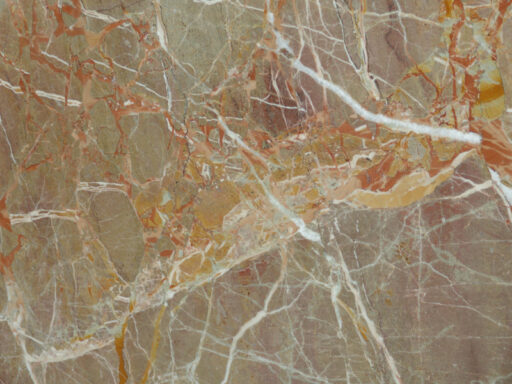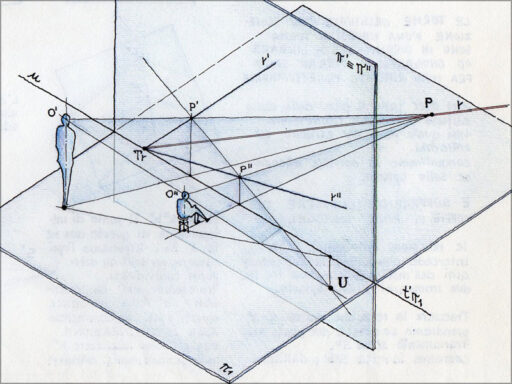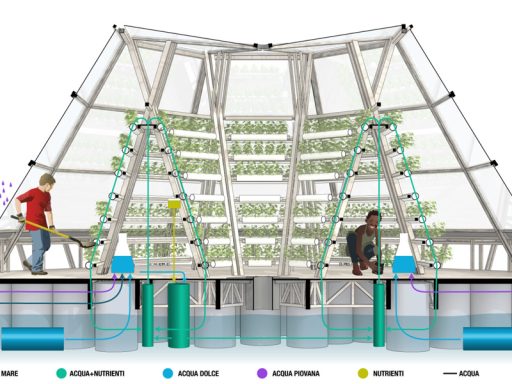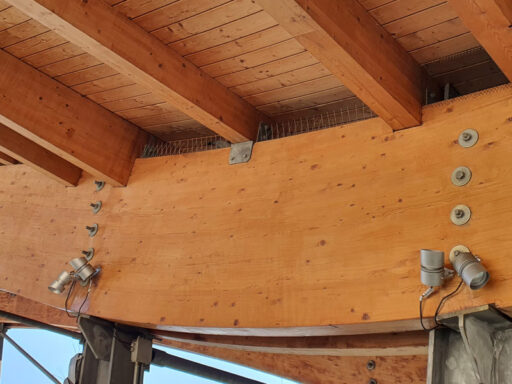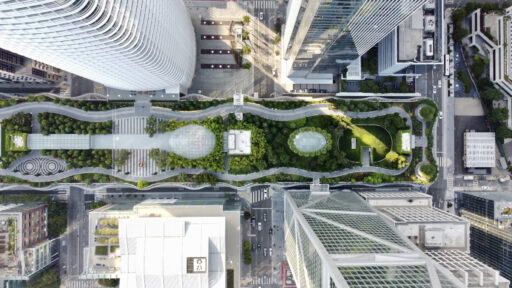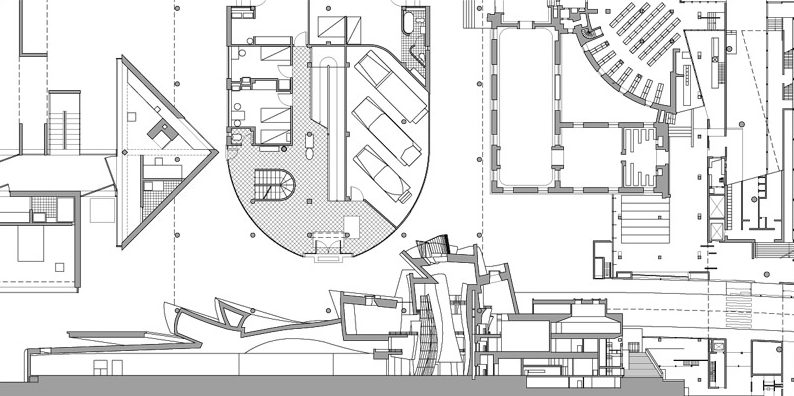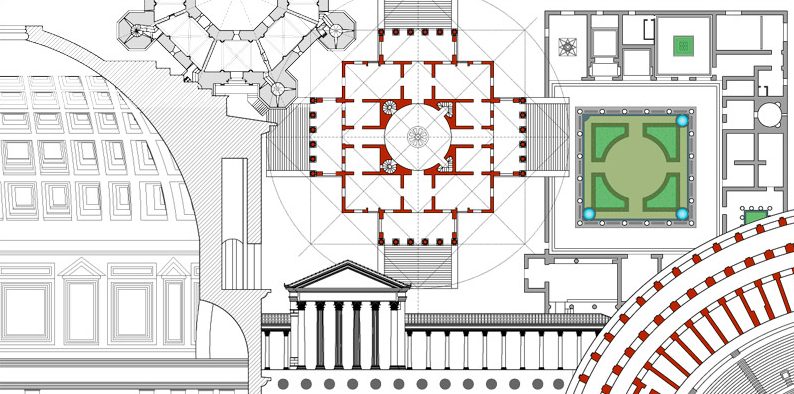JELLYFISH BARGE
Floating agricultural greenhouse
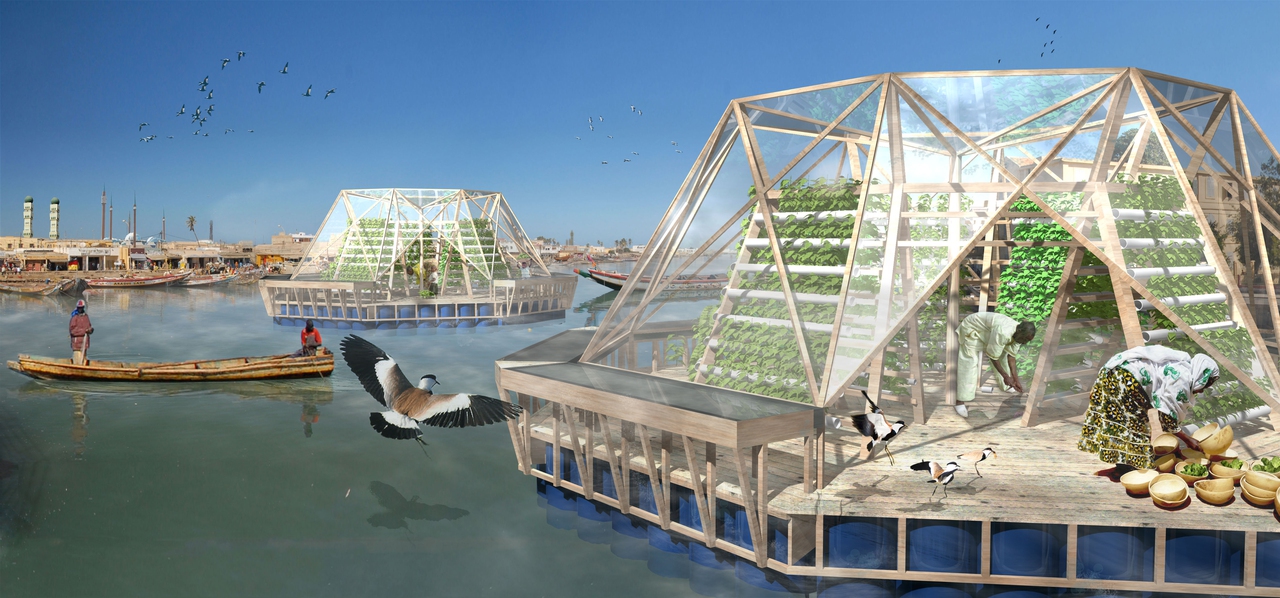
Stefano Mancuso, director of the International Laboratory of Plant Neurobiology of the University of Florence, presented to the public the prototype of Jellyfish Barge born from an idea of Antonio Girardi and Cristiana Favretto (Studiomobile) and which, thanks also to the sponsorship of Veneto Vetro, now it is and floats on the Navicelli canal between Pisa and Livorno.
Jellyfish Barge is a floating agricultural greenhouse, able to purify brackish or polluted water using solar energy. It was designed in a relatively small size to be able to support two families, and be easy to build, even in difficult economic conditions. However, it is modular, so a single element is completely autonomous, while several barges side by side create a stronger and more resilient organism.
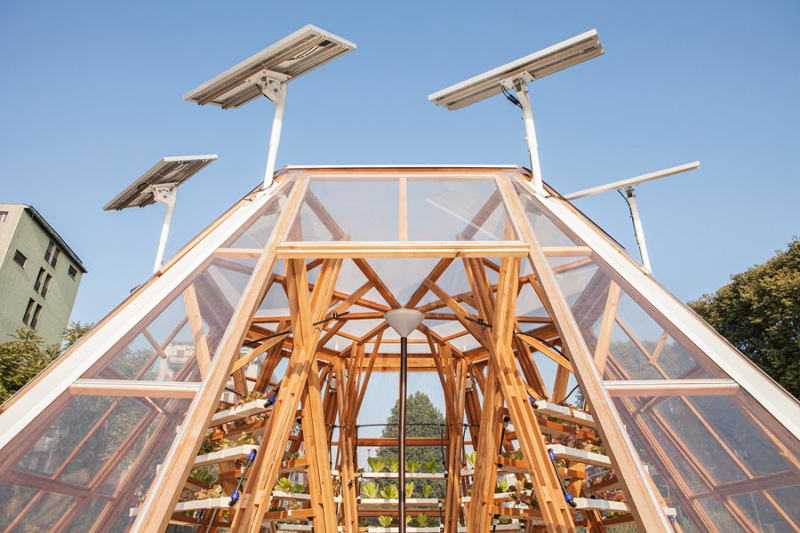
On a planet where resources are increasingly scarce, how will the food that communities need be produced, where will we find the necessary water and where will we find new areas for cultivation?
A multidisciplinary team of architects and botanists offers a revolutionary answer to these questions. Jellyfish Barge is a floating agricultural greenhouse that produces food without consuming soil, fresh water and energy. Designed for communities vulnerable to water and food scarcity, the facility is built with simple technologies and low-cost, recycled materials.
Jellyfish Barge is a multidisciplinary project coordinated by Professor Stefano Mancuso of the University of Florence, director of the International Laboratory of Plant Neurobiology (LINV www.linv.org) and designed by architects Antonio Girardi and Cristiana Favretto (Studiomobile www.studiomobile.org).
The working prototype, created by LINV (University of Florence) thanks to glass from Veneto Vetro and the contribution of the Ente Cassa di Risparmio di Firenze and the Tuscany Region Foundation, is installed in the Navicelli canal, between Pisa and Livorno.
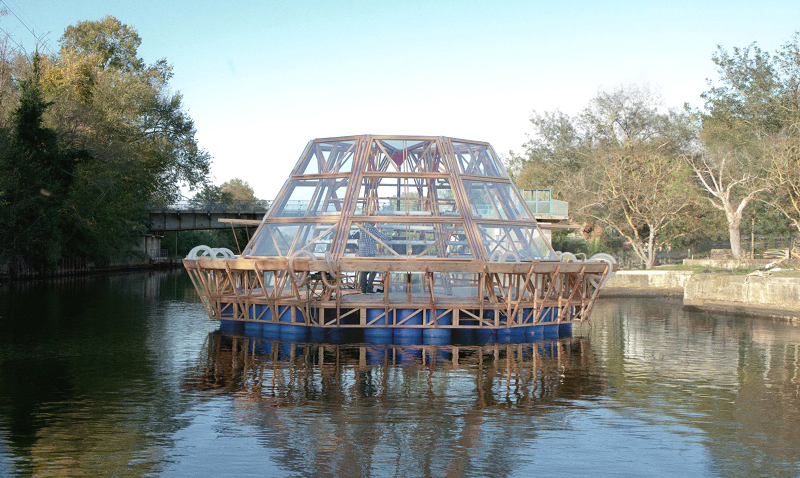
The reference scenario
The World Bank estimates a population of the planet close to 10 billion people by 2050 and a consequent global demand for food that is 60-70% higher than today. Being able to satisfy this growing need for food in a reasonable way, without unduly affecting existing resources seems to be a difficult goal at the moment, mainly due to the scarcity of water and land available for cultivation. Much of the potentially arable land is concentrated in a few geographical areas, while many nations of the Middle East, North Africa and South Asia, with high population growth, have already reached or are close to reaching the limits of agricultural land availability.
Agriculture, using 70% of the planet’s fresh water, is the human activity that weighs more on existing water resources. In many areas of the world, such as India, Pakistan and southern Spain, the growing need for water for agricultural purposes is met by extraction from underground reserves, consumed at a faster rate than rainfall returns.
In many areas of the Middle East, however, water is obtained with energy-intensive industrial desalination processes. The scarcity of water and land available for agriculture will likely be increased by climate change. The rise in sea level, for example, will contribute to the flooding with salt water of ever more extensive strips of fertile land. This phenomenon has already begun to occur with alarming frequency throughout the Bay of Bengal.
The project
Jellyfish Barge is a modular greenhouse built on a floating platform able to guarantee water and food security by providing water and food without weighing on existing resources. The structure, built with low-cost materials, assembled with simple and easily achievable technologies, is composed of a wooden base of about 70 square meters that floats on recycled plastic drums, and a glass greenhouse supported by a wooden structure.
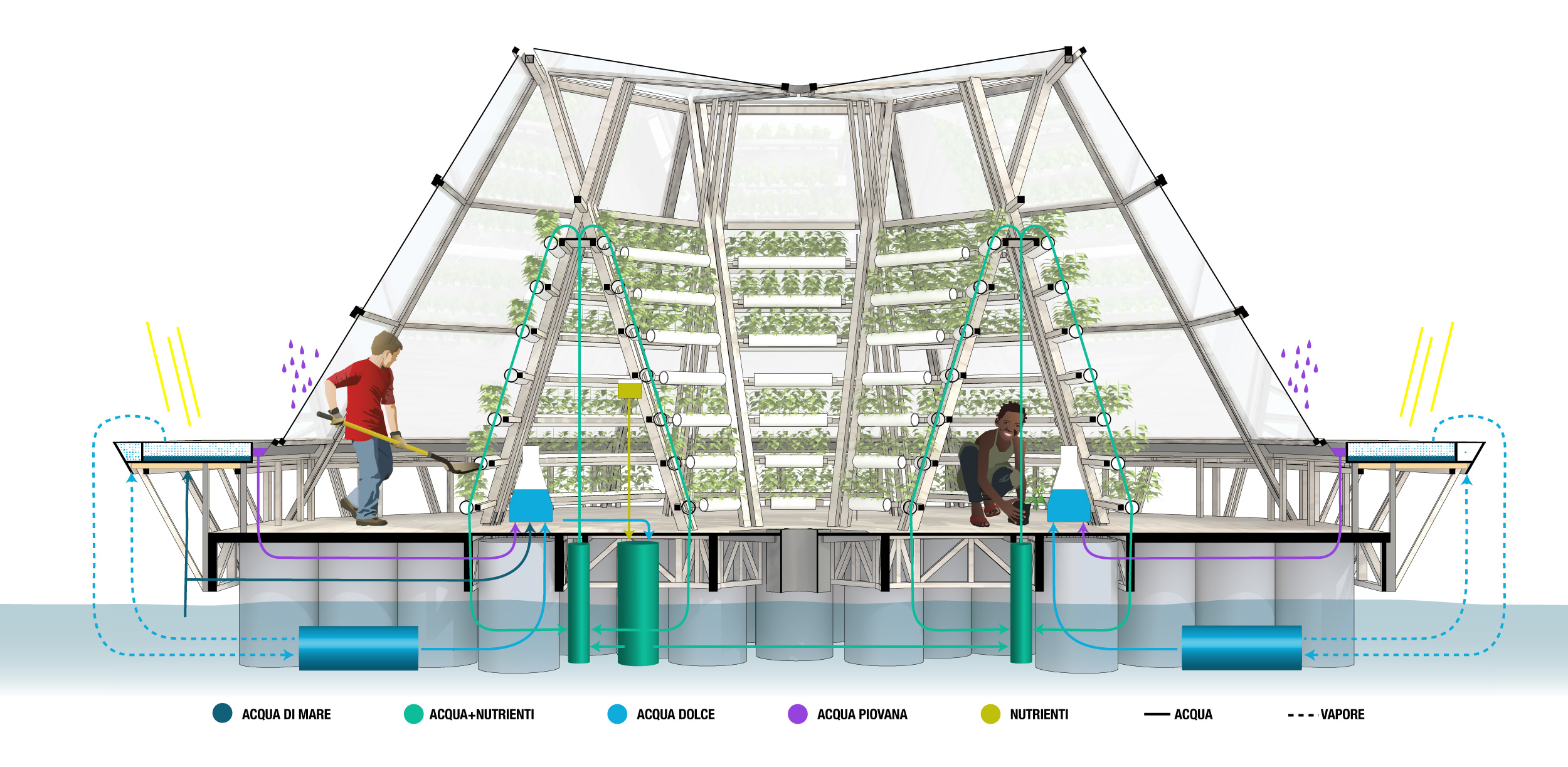
Fresh water is supplied by solar desalinators arranged along the perimeter, designed by the environmental scientist Paolo Franceschetti. These are capable of producing up to 150 liters per day of fresh, clean water from salt, brackish or polluted water. Solar distillation is a natural phenomenon: in the seas, the sun’s energy evaporates the water, which then falls back as rainwater. In Jellyfish Barge, the desalination system replicates this natural phenomenon on a small scale, sucking the humid air and condensing it into drums in contact with the cold surface of the sea.
The little energy needed to run the fans and pumps is provided by systems that exploit renewable energy, integrated into the structure. The greenhouse incorporates an innovative hydroponic cultivation system.
Hydroponics is an above ground cultivation technique that guarantees water savings of up to 70% compared to traditional cultures, thanks to the continuous reuse of water. In addition, Jellyfish Barge uses approximately 15% seawater which is mixed with distilled water, ensuring even greater water efficiency. The complex functioning of the cultivation system is guaranteed by an automation system with remote monitoring and control.
Jellyfish Barge was designed to support about two families, therefore it is specially small in size to make its construction simple and feasible even in conditions of economic hardship. It is modular, so a single element is completely autonomous, while several greenhouses side by side can guarantee food safety for an entire community. The octagonal shape of the platform allows different modules to be placed side by side by connecting them with simple floating bases with a square base, which can become markets and meeting places for a small community on the water.
The team
Jellyfish Barge will be produced by Pnat srl (www.pnat.net), a spin-off company of the University of Florence. The team is made up of the director of the LINV Stefano Mancuso, the researchers Camilla Pandolfi, Elisa Azzarello, Elisa Masi and the architects Cristiana Favretto and Antonio Girardi, founders of Studiomobile. Pnat is the first think tank born in Italy where design, science and biology interface to study creative and technological solutions to the issues left open by sustainability: in a planet of finite resources, how to guarantee food safety, accessibility to water and the resilience of communities to environmental changes?
See all images of the project>
Coordination: Prof. Stefano Mancuso
Cultivations: Camilla Pandolfi, Elisa Azzarello and Elisa Masi
Project: Cristiana Favretto and Antonio Girard
With the contribution of:
Ente Cassa di Risparmio di Firenze and the Tuscany Region
Veneto Vetro for the supply of glass https://www.venetovetro.com/
Information:
www.studiomobile.org
www.pnat.net
www.linv.org
